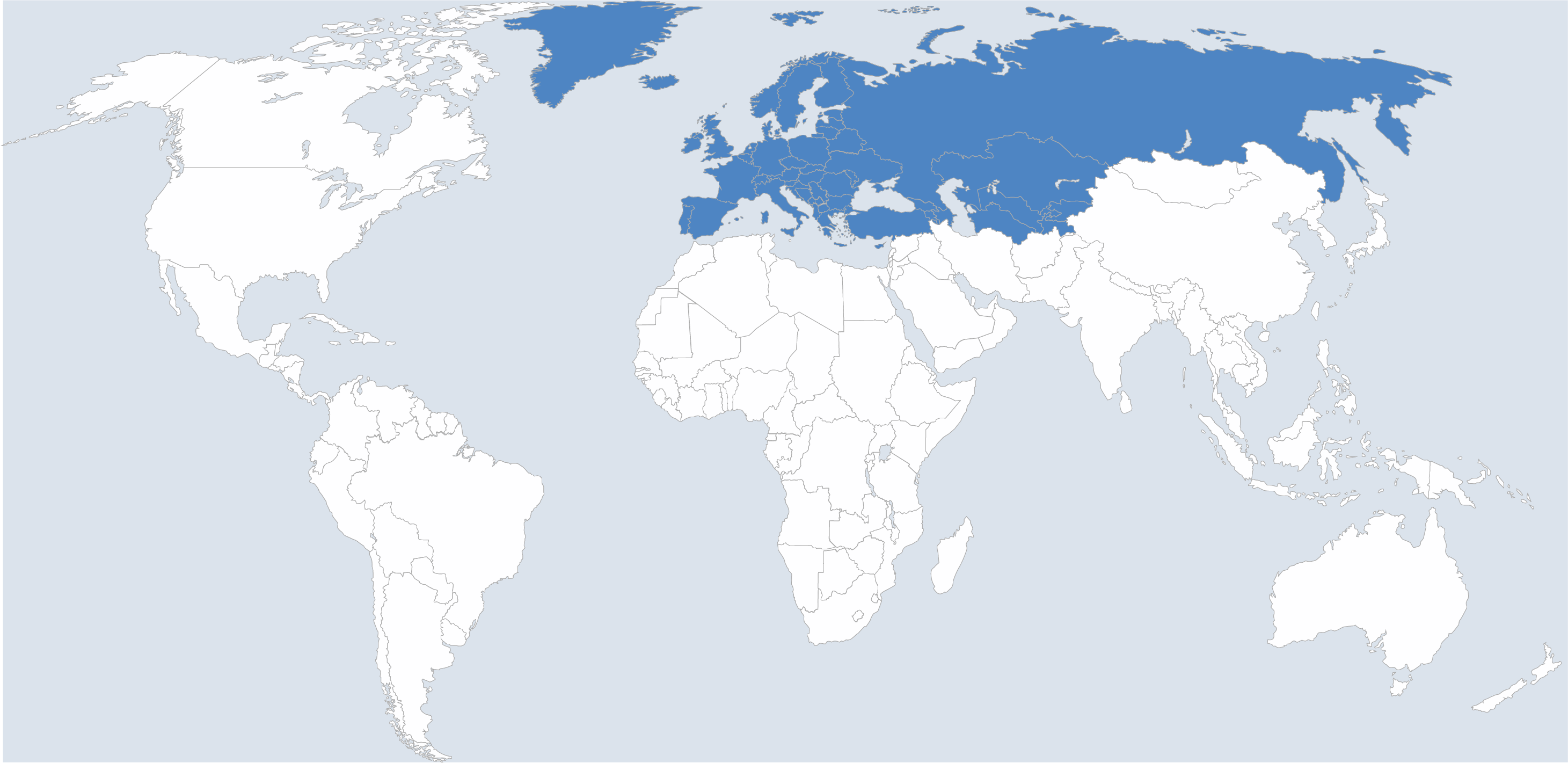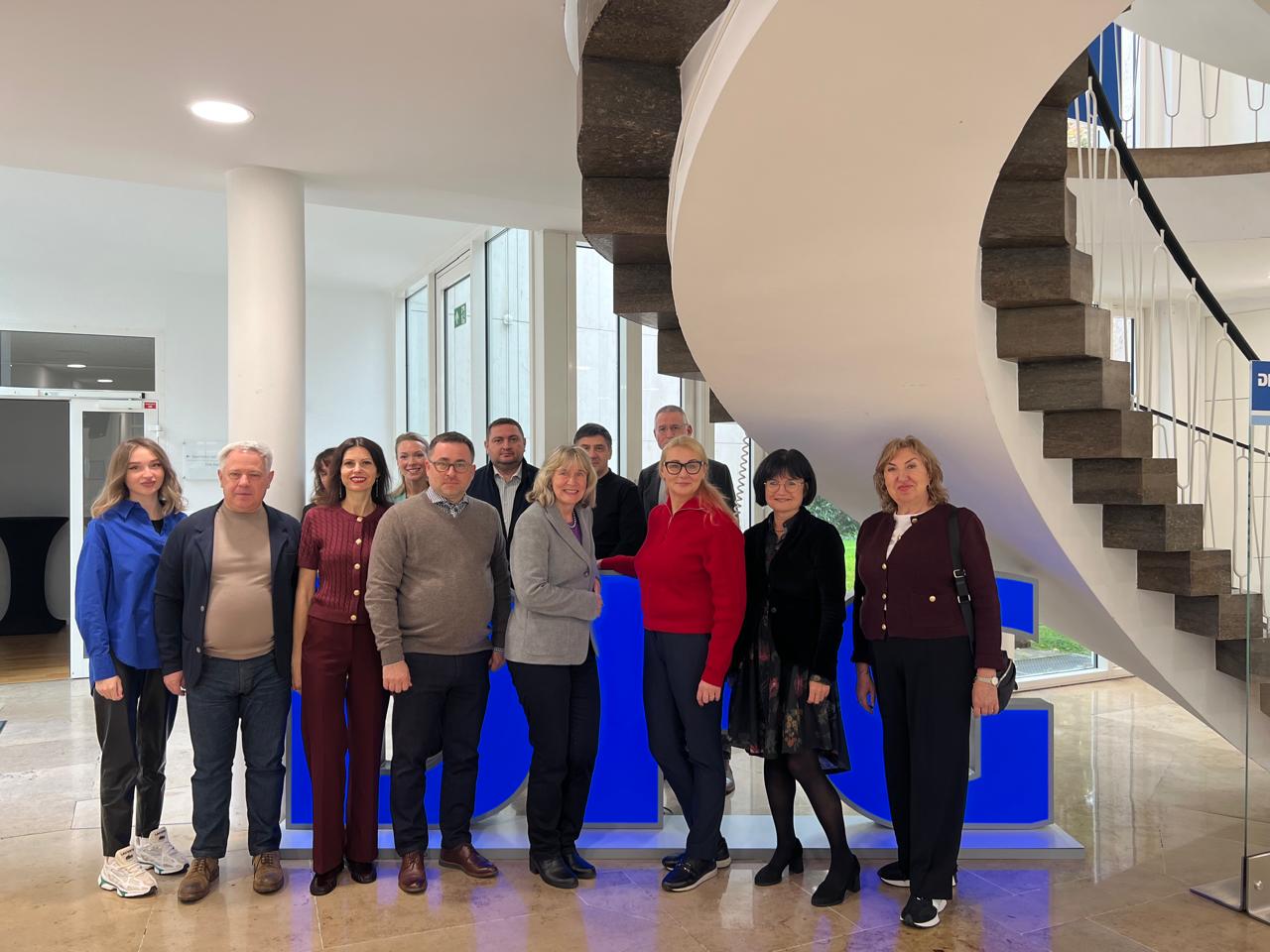Collaborating with Europe and Central Asia
In addition to collaboration with EU states, the regional department also supports cooperation with the countries of Eastern Europe, the South Caucasus and Central Asia. Based on the Principles and Guidelines of the DFG’s International Activitie(externer Link) (in german only), the objective is to tap into collaborative potential and optimise the framework conditions for scientific exchange so as to promote cross-border research in and with Europe.
Complementary to the multilateral schemes under the EU research framework programmes and the DFG’s active involvement at the level of European polic(interner Link), the DFG’s bilateral and trilateral funding programmes contribute to strengthening the European Research Area and the EU’s Eastern Partnership. Since stable bilateral relationships form the basis for cooperation in Europe and with the neighbouring eastern countries, the DFG is equally dedicated to maintaining established partnerships and establishing new contacts in the regions.
Given the current geopolitical developments and changes in framework conditions for international research, the DFG’s funding strategy increasingly includes targeted support for collaborative research with selected countries. The countries in Central Asia are gaining in significance as partners in the field of research and development. Institutional cooperation with the Russian Federation and Belarus has been suspended until further notice.
News
The regional area at a glance
- Establish and expand the DFG’s institutional cooperation with research and funding organisations through the regional department
- Provide advice for researchers on international cooperation opportunities and DFG funding programmes with the countries in question
- Participate in and organise events on DFG-related topics in Germany and abroad (seminars, workshops, conferences) with the aim of promoting cooperation
- Carry out research monitoring of countries that have priority in the context of the DFG’s strategic funding activities
- Maintain cooperation with German partner organisations and institutions where there is a regional focus
Team Leader
Northern / Western / Southern Europe
- Cora Lafore(externer Link) (Belgium, France, Greece, Italy, Spain, Portugal, Turkey)
- Dorothea Fende(externer Link) (Netherlands, Scandinavian countries, United Kingdom)
- Stephanie La(externer Link) (Austria, Switzerland)
- Theresa Hen(externer Link) (Belgium, France, Greece, Italy, Netherlands, Portugal, Scandinavian countries, Spain, Turkey, United Kingdom)
Central Eastern and South Eastern Europe:
- Dr. Annina Lotterman(externer Link) (Baltic States, Poland, Slovakia, Czech Republic, Hungary)
- Julia Ilina, Tel.: 0228 885 3193, julia.ilina@dfg.d(externer Link) (Bulgaria, Croatia, Romania, Slovenia, Western Balkan states)
- Stephanie La(externer Link) (Baltic states, Bulgaria, Croatia, Poland, Romania, Slovakia, Slovenia, Czech Republic, Hungary, Western Balkan states)
Eastern Europe, South Caucasus and Central Asia:
- Dr. Elisa Braeckevel(externer Link) (Georgia, Kazakhstan, Russia, Uzbekistan)
- Mechthild Köhler, Tel.: 0228 885 4322, mechthild.koehler@dfg.d(externer Link) (Georgia, Kazakhstan, Ukraine, Uzbekistan)
Inquiries and information on other countries in the regional area to: europa@dfg.d(externer Link)



